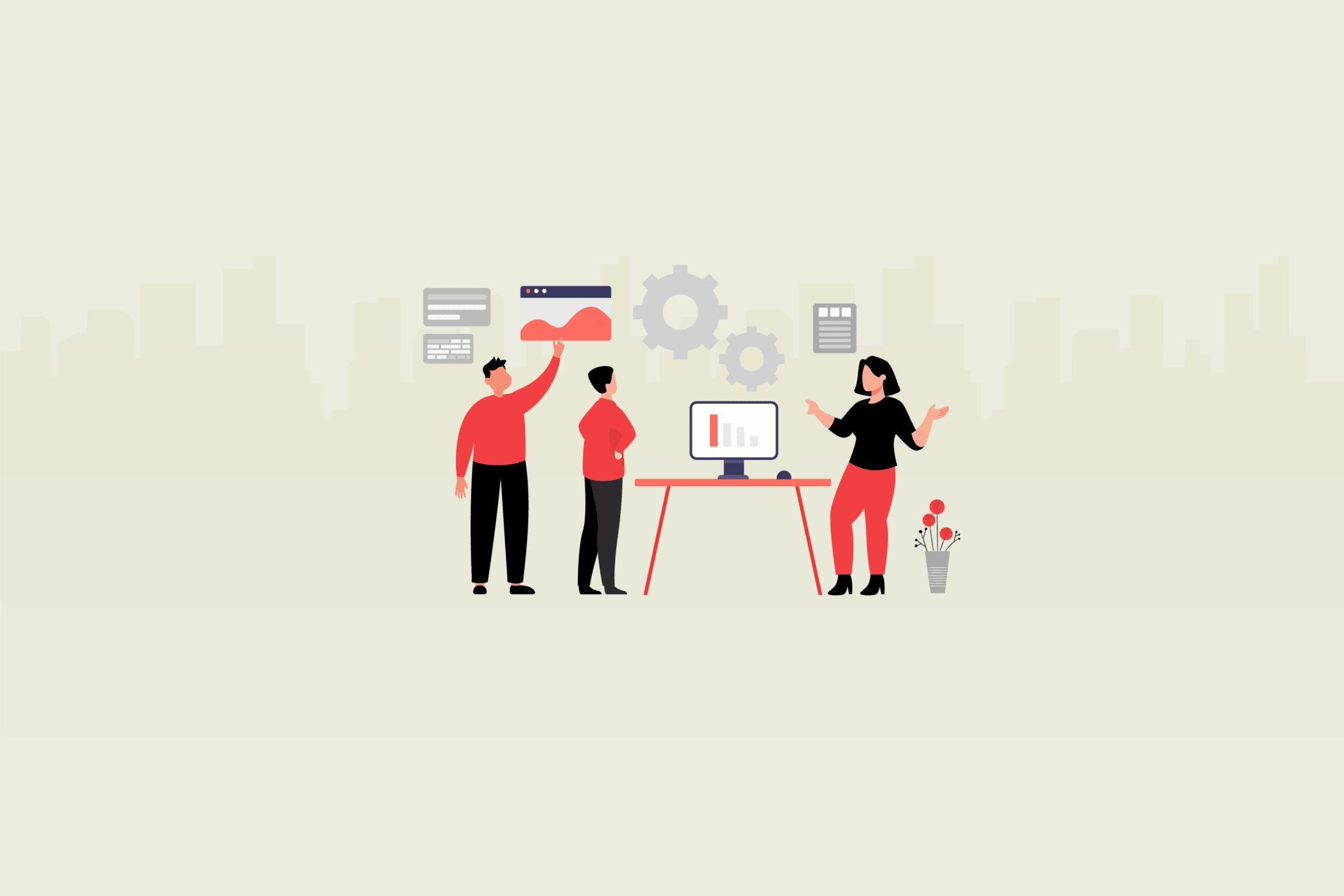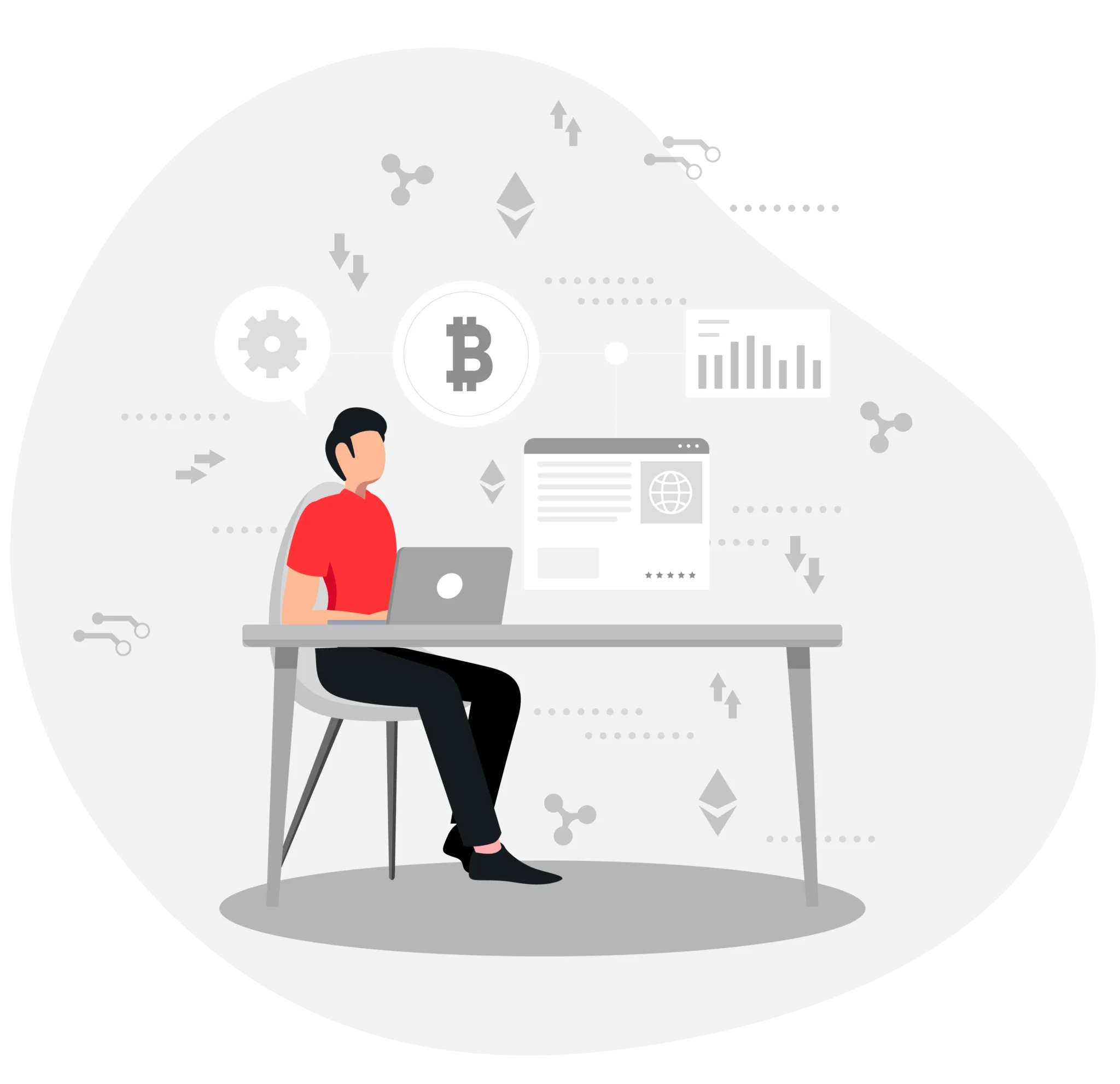A recent study by PwC found that 77% of CEOs consider talent management their top priority. In this blog, we’ll delve into the essential strategies that modern businesses need to thrive in the competitive landscape. From attracting top talent to nurturing a culture of growth, we’ll explore the key elements that can set your organization on the path to sustained success in the modern business arena. Let’s get started on your journey to talent planning excellence.
Understanding the evolving landscape of talent planning
In today’s fast-paced business world, talent planning is crucial for any organization aiming to stay ahead. This process has seen significant changes recently, mainly due to shifts in workforce dynamics. Nowadays, people seek more than just a paycheck from their jobs; they desire meaningful work, flexibility, and a company culture that aligns with their values.
Another critical factor reshaping talent planning is the rise of technology. With advancements in digital tools, companies can now reach a wider pool of candidates, making the recruitment process more inclusive and diverse. This technology-driven approach not only broadens the talent pool but also helps in finding the right fit for specific job roles, ensuring that skills and company needs align perfectly.
Moreover, embracing diversity and inclusion has become a cornerstone of modern talent planning. It’s not just about ticking boxes; it’s about bringing together diverse perspectives and experiences to foster innovation and creativity in the workplace. Companies are recognizing the value of having a workforce that reflects the diverse society we live in.
In summary, talent planning today is about understanding these evolving dynamics and leveraging them to build a more robust, skilled, and diverse workforce. This approach not only benefits the employees but also drives the company towards greater success and adaptability in a changing world.
Strategies for effective talent sourcing
Effective talent planning in modern businesses involves innovative strategies to source the best talent. A key approach is leveraging social media and professional networks. These platforms are goldmines for discovering talented individuals who might not actively seek new opportunities but are the perfect fit for your company.
Another crucial strategy is building a strong employer brand. Just like customers are drawn to brands they love, potential employees are attracted to companies with a great reputation. A positive image as an employer means showcasing your company culture, values, and the benefits of working with you. This not only attracts top talent but also ensures that candidates are a good cultural fit.
Lastly, collaborating with educational institutions can open doors to fresh, eager talent. Establishing partnerships with universities and training programs can provide a steady pipeline of skilled graduates who are up-to-date with the latest industry trends and technologies. This approach not only helps in talent planning but also supports the professional development of the new workforce, aligning their skills with the needs of the business.
In conclusion, modern talent sourcing requires a blend of technology, brand building, and partnerships. By adopting these strategies, businesses can ensure a continuous flow of talented individuals aligned with their organizational goals and culture.
Implementing data-driven talent assessment tools
In the realm of talent planning, embracing data-driven tools for talent assessment is a game-changer for businesses. The rise of artificial intelligence (AI) in the hiring process is revolutionizing how companies screen and select candidates. AI can analyze vast amounts of data, helping to identify the most suitable candidates based on their skills and experience, thus reducing the time and resources spent on manual screening.
Platforms like Testlify are at the forefront of this evolution. They offer tailored assessment tools that evaluate candidates’ skills accurately and efficiently. By using such platforms, companies can ensure that their recruitment process is not only quick but also fair and unbiased. This approach helps in filtering the right talent that matches the specific needs of the business.
Customizing these assessment criteria to match company needs is another critical aspect. Every business has unique requirements, and tailoring the assessment process to align with these requirements ensures that the talent sourced is the best fit for the company’s goals and culture.
In short, integrating data-driven talent assessment tools is a smart move for effective talent planning. It not only streamlines the recruitment process but also enhances the quality of hires, ensuring that businesses get the right talent to drive their success.
Developing a robust talent development framework
A vital aspect of talent planning in modern businesses is creating a robust talent development framework. This involves prioritizing continuous learning and development opportunities for employees. In today’s fast-evolving business landscape, it’s crucial for employees to keep upgrading their skills. This not only helps them grow professionally but also ensures the company stays competitive.
Incorporating training in leadership and soft skills is equally important. Technical skills are essential, but soft skills like communication, teamwork, and problem-solving are what enable employees to use their technical skills effectively. Leadership training helps in grooming future leaders within the organization, ensuring a pipeline of capable individuals ready to take on more significant roles.
Fostering a culture of internal mobility and growth is another key strategy. When employees see opportunities to advance and take on new challenges within their current workplace, it boosts their morale and commitment to the company. This approach not only aids in retaining top talent but also in building a more experienced and versatile workforce.
In summary, a robust talent development framework is essential for effective talent planning. By focusing on continuous learning, leadership, and internal growth opportunities, businesses can ensure that their employees are well-equipped to meet current and future challenges, driving the organization towards sustained success.
Measuring and enhancing employee engagement
An integral part of talent planning is not just recruiting the right talent but also ensuring they stay engaged and motivated. Measuring and enhancing employee engagement is crucial for any business looking to retain its best people and foster a productive work environment.
Regular feedback and performance analysis tools are one effective way to measure engagement. These tools can help understand employee satisfaction, challenges, and perceptions of the workplace. This feedback is invaluable as it guides the company in making necessary adjustments to improve the work environment and address any concerns.
Another strategy is to implement initiatives that boost employee morale and retention. This could include recognition programs, team-building activities, and opportunities for personal and professional growth. When employees feel valued and see a clear path for advancement, they are more likely to be engaged and committed to the company.
Lastly, aligning employee goals with organizational objectives is crucial. When employees understand how their work contributes to the company’s success, they feel more connected and responsible for the outcomes. This alignment drives better performance and fosters a sense of shared purpose and teamwork.
In essence, a focus on measuring and enhancing employee engagement is a key component of successful talent planning. It ensures that the workforce remains motivated and aligned with the company’s vision, leading to greater productivity and success.
Conclusion
In conclusion, the essentials of talent planning are the building blocks of a thriving modern business. From aligning your strategy with organizational goals to fostering a culture of continuous improvement, these practices are the keys to success. Remember, talent planning is not just an HR function; it’s a strategic imperative for every leader. By investing in your people, embracing innovation, and staying adaptable, your business can navigate the challenges of the modern world and emerge stronger than ever.
Choose Testlify as your next remote assessment tool and remove unconscious bias from your candidate assessment process. Sign up with Testlify now to check out the huge test library.







